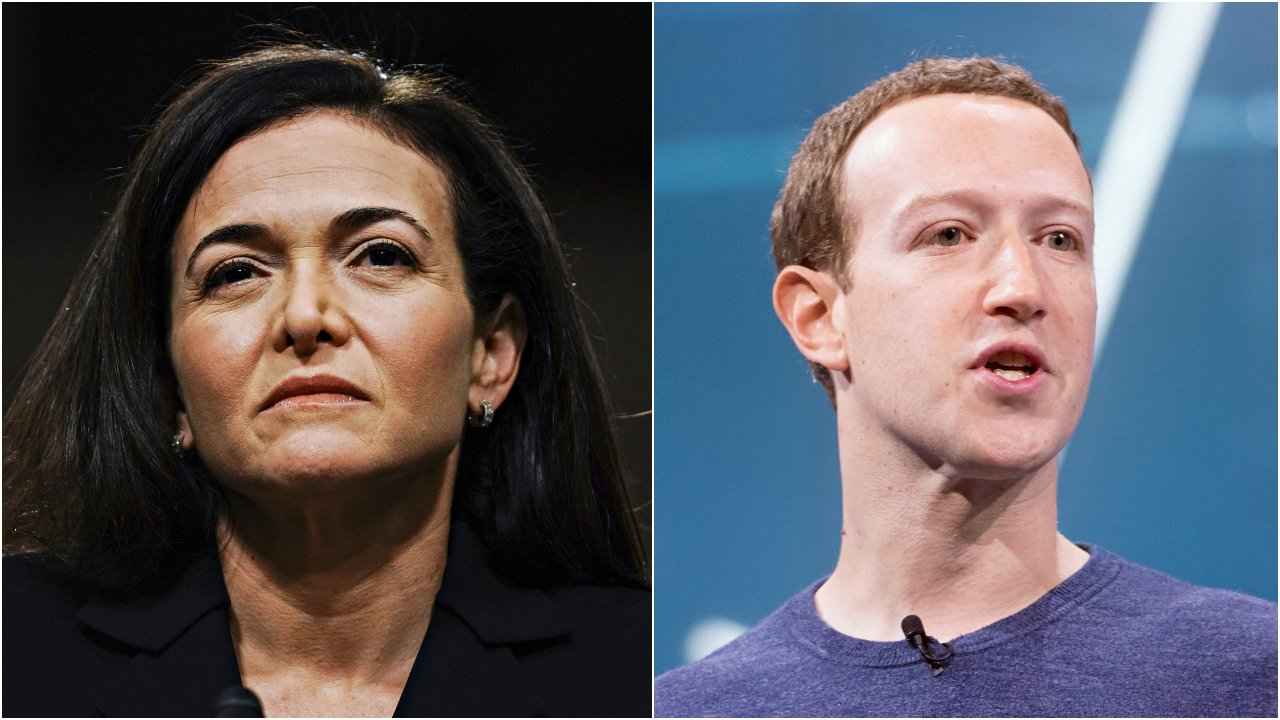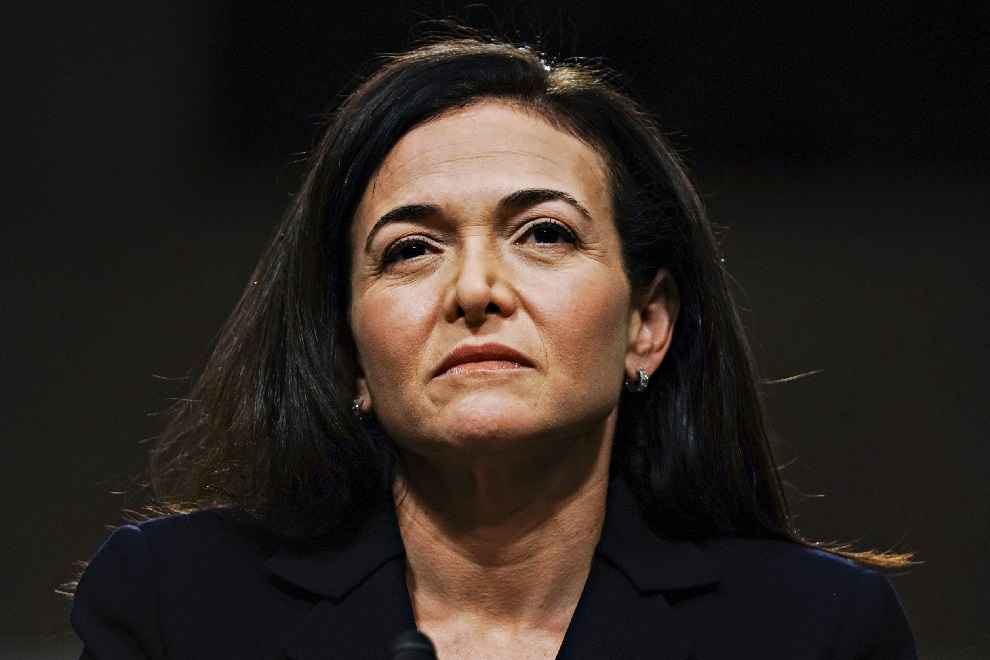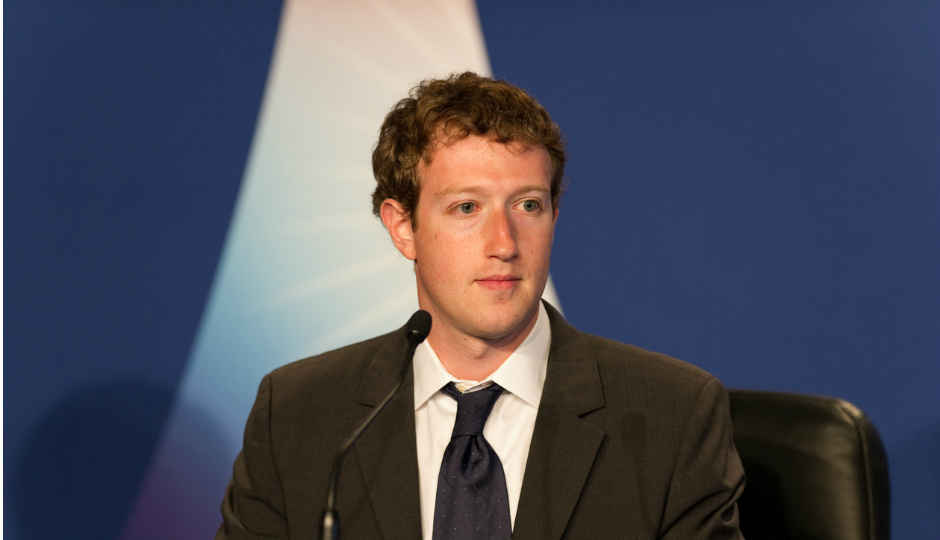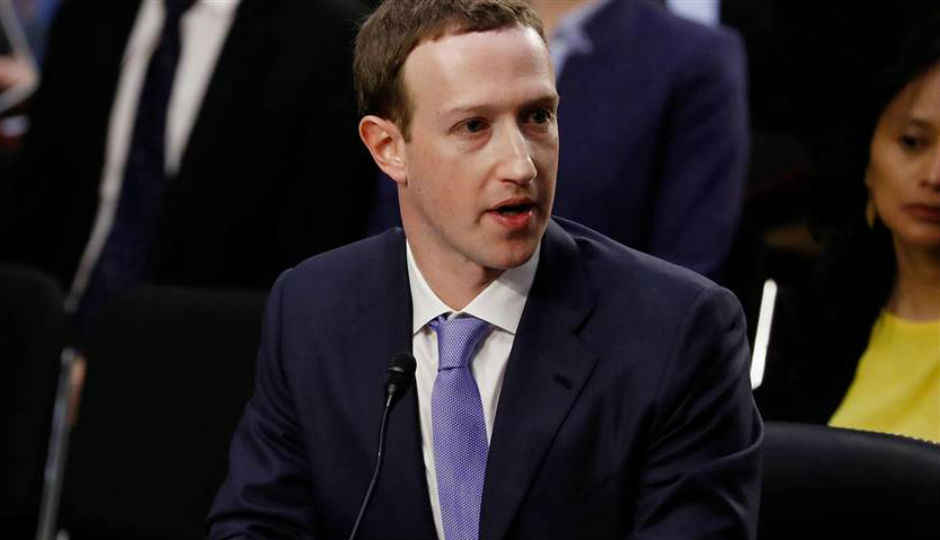Sheryl Sandberg’s Leaving Facebook: Is Meta’s Future Looking More Uncertain?
Meta COO Sheryl Sandberg has left the company
We take a look at her legacy in the company and how her policies helped shape the company
The exit of Mark Zuckerberg’s adult supervisor at such times begs the question: has Facebook turned Meta staring at an uncertain future?

Barely five months after Facebook rebranded itself as Meta, its second-in-command top executive Sheryl Sandberg announced that she’d be leaving the embattled firm.
 Survey
SurveyIn a sappy Facebook post that runs over 1500 words, Meta’s departing Chief Operating Officer (COO) described top boss Mark Zuckerberg as a true visionary and one of the best friends anyone could ever have.
Zuckerberg responded by dropping a mushy comment on the post, calling Sandberg a superstar, who taught him how to run a company.
The last bit is especially true.
In 2007, when Mark Zuckerberg met Sheryl Sandberg at a Christmas party, he was all but 23. The young nerd from Harvard had set up a website called The Facebook but barely knew how to turn his passion project into a viable business.
Sandberg, who was then 38, was already a rising star, Google’s vice-president for global online sales and operations. After weeks of dinner table conversations, Zuckerberg pulled off a major coup: he stole Sandberg from Google and made her Facebook’s COO.
With her experience and expertise, Sandberg cut a unique figure in the company. She was a worldwise adult in a firm of young, naive engineers who thought making a really cool site would be enough for profits to follow. Zuckerberg himself admitted to the New Yorker that he was grateful that Sandberg handled things he didn’t want to. That included advertising strategy, hiring and firing, management, and dealing with political issues.
Zuckerberg’s company, which was hitherto bleeding cash, became immensely profitable after Sandberg’s arrival. Within three years of joining, Sandberg made the social network an efficient ad platform, providing targeted ads service using personal data, while its user base grew from seventy million users to nearly seven hundred million.
Currently, as she is stepping down from the role of COO, Sandberg will leave behind a company with more than 2 billion users around the world, whose turnover reached $118bn last year.
Digital-Ads guru
Sandberg’s lasting legacy would be the advertising model she engineered at Facebook.
Using personal data of users that Facebook collects, Sandberg offered advertisers a way to advertise that was way more targeted and cheaper than traditional advertising. If a company is making sneakers for teenagers, Facebook’s ad machine would only pop up its ad on the timelines of targeted teenagers.
The targeted ads, which fattened the company's bottom line, also drew a fair share of criticism for privacy concerns as well as discriminatory practices. In 2018, Facebook faced a lawsuit in New York City, for its advertising machine enabled landlords and real estate brokers to exclude people of colour, women, and people with disabilities from receiving housing aid.
In 2018, a New York Times report revealed that British firm Cambridge Analytica used Facebook data was used to target and swing voters in key states in the USA. There were reports that Zuckerberg blamed Sandberg for the scandal.
Fading influence
Sandberg’s ad machine continued to make the company richer and richer, but the criticism won’t budge. Things became worse after 2016 when it was alleged that Russians meddled in the US election using the services of Facebook.
Investigation after investigation, Facebook’s reputation suffered, while Sandberg walked away with the lion's share of the blame, as it was public knowledge that she was responsible for advertising and policy decisions.
As a COO, she had free reign over non-engineering parts of the company in the initial years. But her influence in the Trumpian era started fading – she is a vocal democrat – and Zuckerberg got more involved with non-engineering departments of the company.
And gradually Sandberg, who was a regular at Davos, who defended the firm and its screw-ups rather aggressively, who wrote a book called Lean In that became a manifesto for women in corporate, went completely low-profile. In the company's transition into Meta, she was barely visible.
Recently, she hit the bottom of the barrel when Meta, the company that she turned into the behemoth that it is, reportedly started investigating her for using corporate resources to plan her wedding.
Facebook after Sandberg
Personal woes aside, Sandberg is stepping down at times that are especially tumultuous for the social media behemoth.
Apple last year introduced new privacy rules – users can opt-out of being tracked by apps – that
makes it difficult for companies like Facebook to target the ads.
The company recently said that its revenue would take a hit of $10 billion in 2022 as a result of Apple’s new privacy rules.
While revenues are set to take a hit, Meta’s boss Mark Zuckerberg is spending exorbitantly on what he thinks will be the Internet’s successor – virtual reality. As per the reports, the company has already spent $10 billion on new technologies that are presently far from mainstream adoption. It, anyway, plans to release four new headsets by 2024.
Meta is also facing intense scrutiny over fake news and misinformation running haywire on its social networking platforms.
In addition, the company is failing at retaining teenagers on its networks. Meta does have a youth-friendly Instagram, but it is facing stiff competition from the video-sharing app Tik Tok.
The exit of Mark Zuckerberg’s adult supervisor at such times begs the question: has Facebook turned Meta staring at an uncertain future?
Sandberg, meanwhile, said in the Facebook post that it was time for her to write the next chapter of her life.
“I am not entirely sure what the future will bring – I have learned no one ever is. But I know it will include focusing more on my foundation and philanthropic work, which is more important to me than ever given how critical this moment is for women,” Sandberg noted.
A vocal advocate of women’s rights, Sandberg can perhaps start by talking about the harmful effects Instagram has on young girls, which according to the Wall Street Journal’s investigation, she and Facebook were aware of and still chose nothing to do about.
Also Read: Meta joins forces with the CBSE to offer courses and train students on Augmented and Virtual reality
Anup Semwal
Anup Semwal writes at the intersection of technology and society. He is currently pursuing Convergent Journalism from AJK Mass Communication Research Centre, Jamia Millia Islamia View Full Profile


